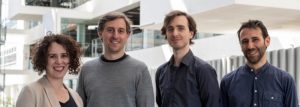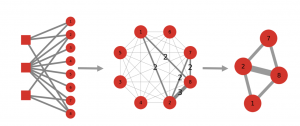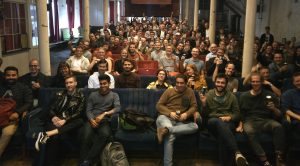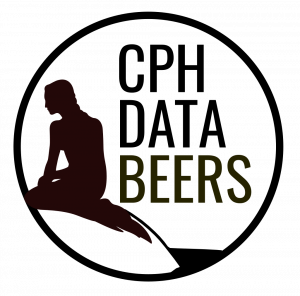We have published four new papers over the summer:
- New and atypical combinations: An assessment of novelty and interdisciplinarity, by M. Fontana, M. Iori, F. Montobbio, R. Sinatra, published in Research Policy
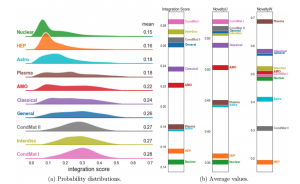
We compare different indicators of novelty and interdisciplinarity, and find that often they can’t distinguish novel and non-novel articles apart. We also find measured novelty highly overlaps measured interdisciplinarity, because the two are operationalized in similar ways. - Mapping socioeconomic indicators using social media advertising data, by M. Fatehkia, I. Tingzon, A. Orden, S. Sy, V. Sekara, M. Garcia-Herranz, I. Weber, published in EPJ Data Science
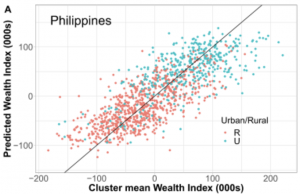
In this paper we ask: Is it possible to estimate poverty using data from the Facebook Ad platform? - Knowledge diffusion in the network of international business travel, by M. Coscia, F.M.H. Neffke, R. Hausmann, published in Nature Human Behavior
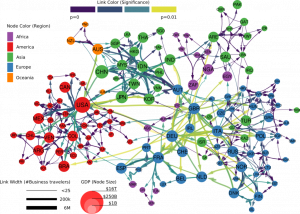
Read Michele’s blog post about it: http://www.michelecoscia.com/?p=1838 - Multiplex Graph Association Rules for Link Prediction, by M. Coscia and M. Szell, accepted for publication in 15th International Conference on Web and Social Media (ICWSM) 2021
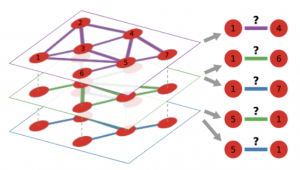
Here we investigate the multiplex link prediction problem with graph association rules: Will two nodes connect, and of which type?

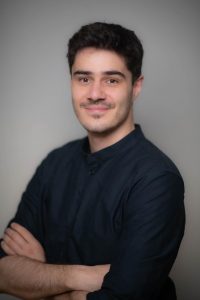 Vedran is a well-rounded scientist with a professional background from tech, academia, and the international development sector, starting at ITU as Assistant Professor. His work lies in the intersection between network science, ethics and computer science, harnessing the power of complex networks, massive datasets, machine learning and data visualization for public good. Vedran joined from UNICEF where he was a Principal Researcher focused on understanding how modern technologies, such as Machine Learning and Artificial Intelligence, impact our societies and its most vulnerable communities. His previous work has been covered in The Ecomomist, Forbes, Scientific American, and Die Zeit, and been featured on the cover of the Proceedings of the Natural Academy of Sciences.
Vedran is a well-rounded scientist with a professional background from tech, academia, and the international development sector, starting at ITU as Assistant Professor. His work lies in the intersection between network science, ethics and computer science, harnessing the power of complex networks, massive datasets, machine learning and data visualization for public good. Vedran joined from UNICEF where he was a Principal Researcher focused on understanding how modern technologies, such as Machine Learning and Artificial Intelligence, impact our societies and its most vulnerable communities. His previous work has been covered in The Ecomomist, Forbes, Scientific American, and Die Zeit, and been featured on the cover of the Proceedings of the Natural Academy of Sciences.
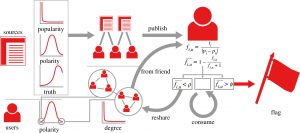
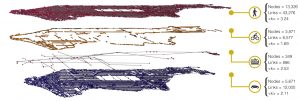
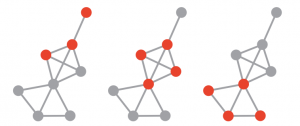
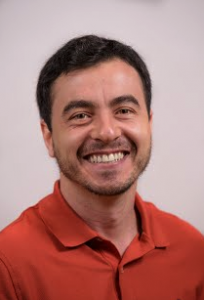 Tiago is a thriving computer scientist joining us from University of Michigan. He is interested in success and health issues online, and he has both research and industry experience. At NERDS, Tiago will research social dynamics and success using his expertise in computational social science, data mining, machine learning, social network analysis, and health informatics.
Tiago is a thriving computer scientist joining us from University of Michigan. He is interested in success and health issues online, and he has both research and industry experience. At NERDS, Tiago will research social dynamics and success using his expertise in computational social science, data mining, machine learning, social network analysis, and health informatics.